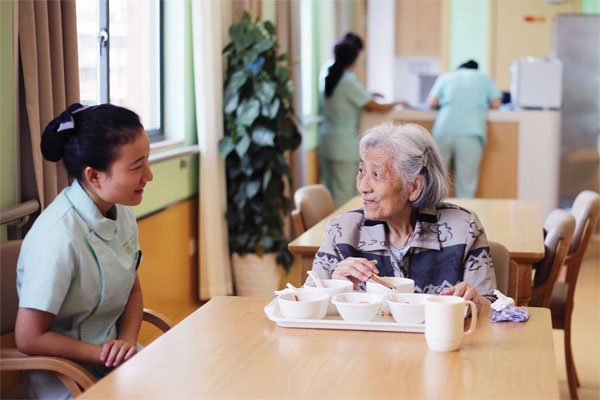
Deciding between short-term or long-term care for elderly loved ones is a significant decision that can impact their well-being and quality of life. Both care options offer distinct benefits depending on the specific needs of the individual and the family. Understanding when to choose each type can help ensure that the elderly receive the appropriate level of care, support, and attention.
Understanding Short-Term Elderly Care
Short-term elderly care in Singapore provides temporary support for individuals who need assistance for a limited period. This care type is often suitable for elderly persons recovering from surgery, illness, or injury. It can also be beneficial when primary caregivers require a break or are unable to provide care.
Short-term care offers flexibility, allowing families to ensure their loved ones receive professional care without committing to long-term arrangements. It includes services such as rehabilitation, respite care, and post-hospitalisation care. These services focus on helping seniors regain independence and return home soon.
Opting for short-term elderly care is ideal when the care requirement is temporary, and the goal is to restore health and independence. For example, after a surgical procedure, an elder may need assistance with daily activities and mobility until they fully recover. Short-term care facilities provide a supportive environment with professional staff trained to handle post-operative care, physical therapy, and medication management.
Additionally, short-term care can offer families a respite, allowing them time to rest and recharge. Caregiving can be physically and emotionally demanding, and short-term care can cause caregivers to take a break without compromising the care quality for their loved ones.
Recognising the Need for Long-Term Care
Long-term care settings cater to elderly individuals who require ongoing support due to chronic health conditions, cognitive impairments, or mobility issues. Unlike short-term care, long-term care is designed for individuals who need assistance with daily living activities on a permanent or semi-permanent basis.
Long-term care settings provide comprehensive services, including personal care, medical monitoring, and social activities. These settings aim to maintain the senior’s dignity, comfort, and quality of life while offering peace of mind to their families.
It may be necessary when an old person’s condition requires consistent and continuous support. For instance, individuals with dementia or Alzheimer’s disease may benefit from a long-term care setting where they can receive specialised care in a secure and structured environment. These settings are equipped to manage the complexities of chronic health issues, providing 24-hour supervision and care.
Long-term care is also suitable for elderly individuals who can no longer live independently due to physical limitations. These settings offer assistance with bathing, dressing, eating, and mobility. The goal is to create a supportive environment where elderly can live as comfortably and independently as possible.

Evaluating Your Options
Deciding between short-term elderly care in Singapore and long-term care requires evaluating the elderly person’s health, needs, and preferences. It is essential to consider factors such as the duration of care required, the level of support needed, and the overall goals for the elderly person’s well-being.
Short-term care may be the right choice if the elderly person’s condition is temporary or the primary goal is rehabilitation and recovery. On the other hand, long-term care may be more appropriate for those with chronic conditions or when the care needs are permanent and ongoing.
It is also crucial to involve the elderly person in the decision-making process, ensuring their preferences and comfort are considered. Open communication with healthcare providers, family members, and the elderly person can help determine the most suitable care option.
Conclusion
Choosing between short-term and long-term care for the elderly is a critical decision that depends on various factors, including the individual’s health, needs, and circumstances. Both care types offer unique benefits, and selecting the right one can significantly impact the elderly’s quality of life.
Opt for short-term elderly care in Singapore when the need for care is temporary, and the focus is on recovery and regaining independence. Consider a long-term care setting when ongoing support is necessary due to chronic conditions or permanent limitations.
For reliable and compassionate short-term elderly care in Singapore, visit Charis Manor Nursing Home to ensure your loved ones receive the care they deserve.

